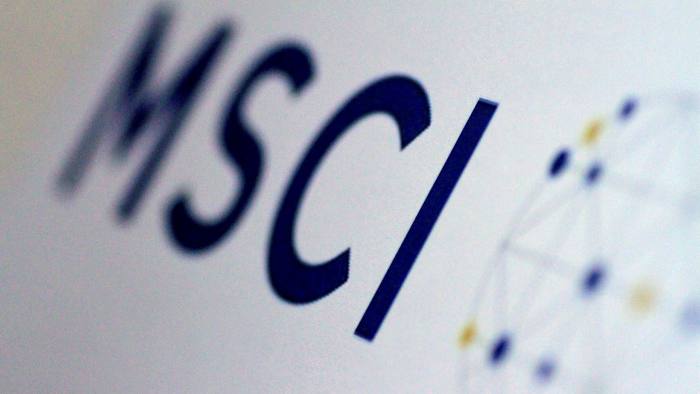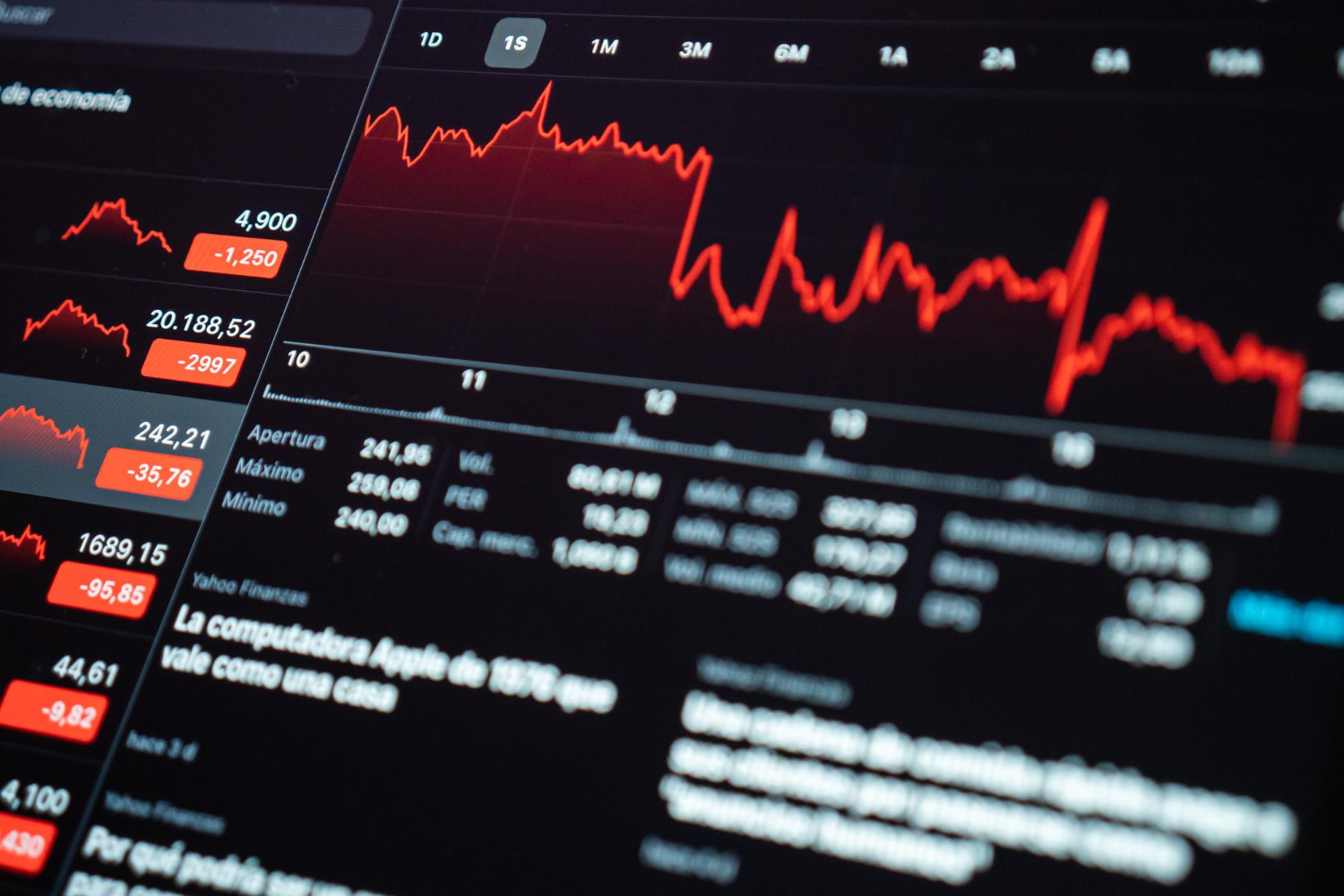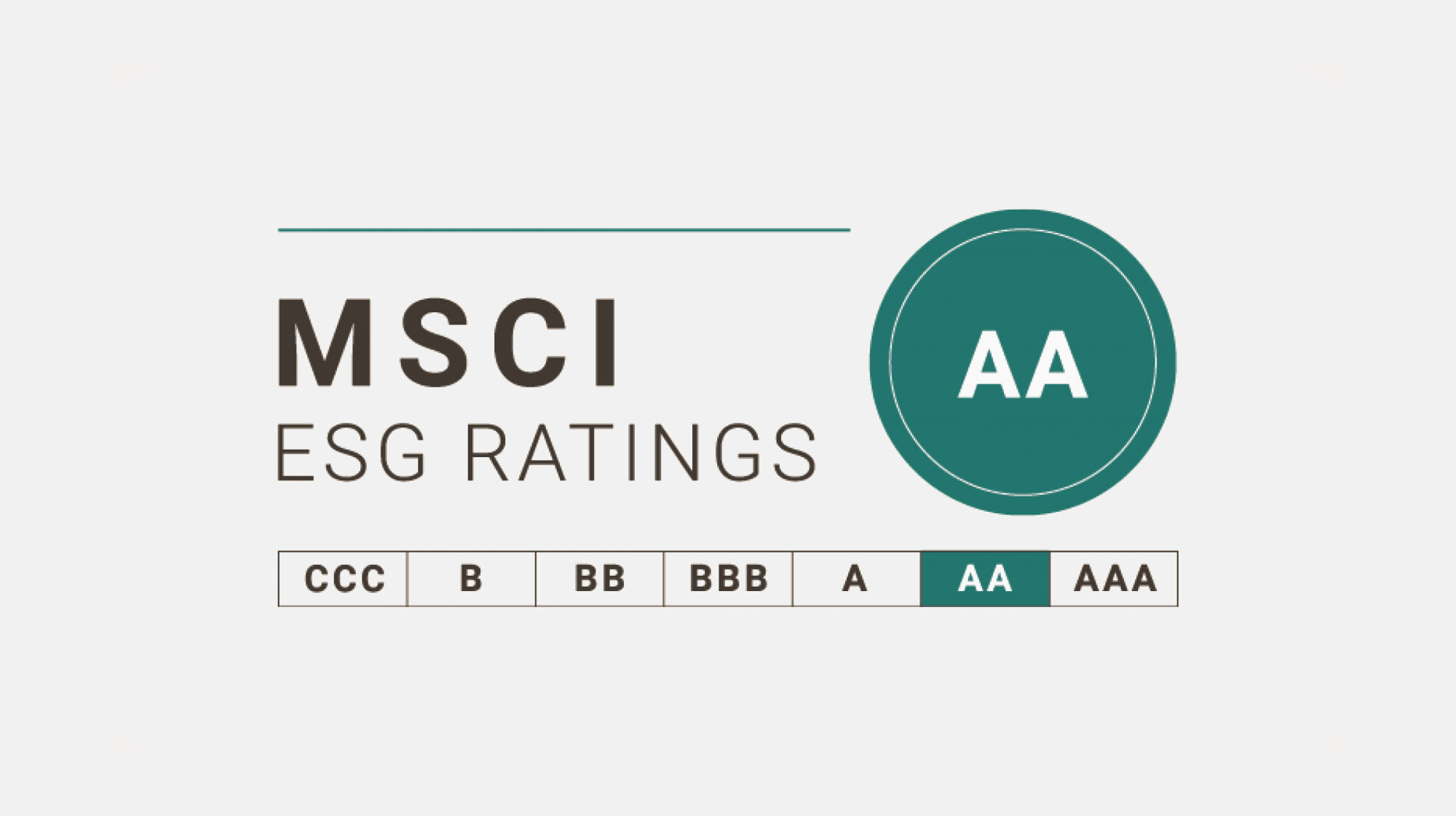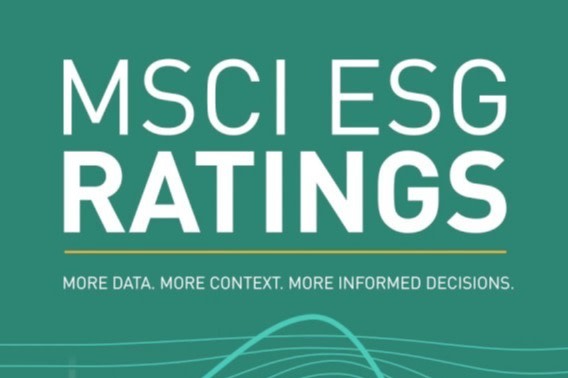Comparing ESG Ratings Agencies: MSCI, Morningstar, Bloomberg, LSEG and More
MSCI Inc.
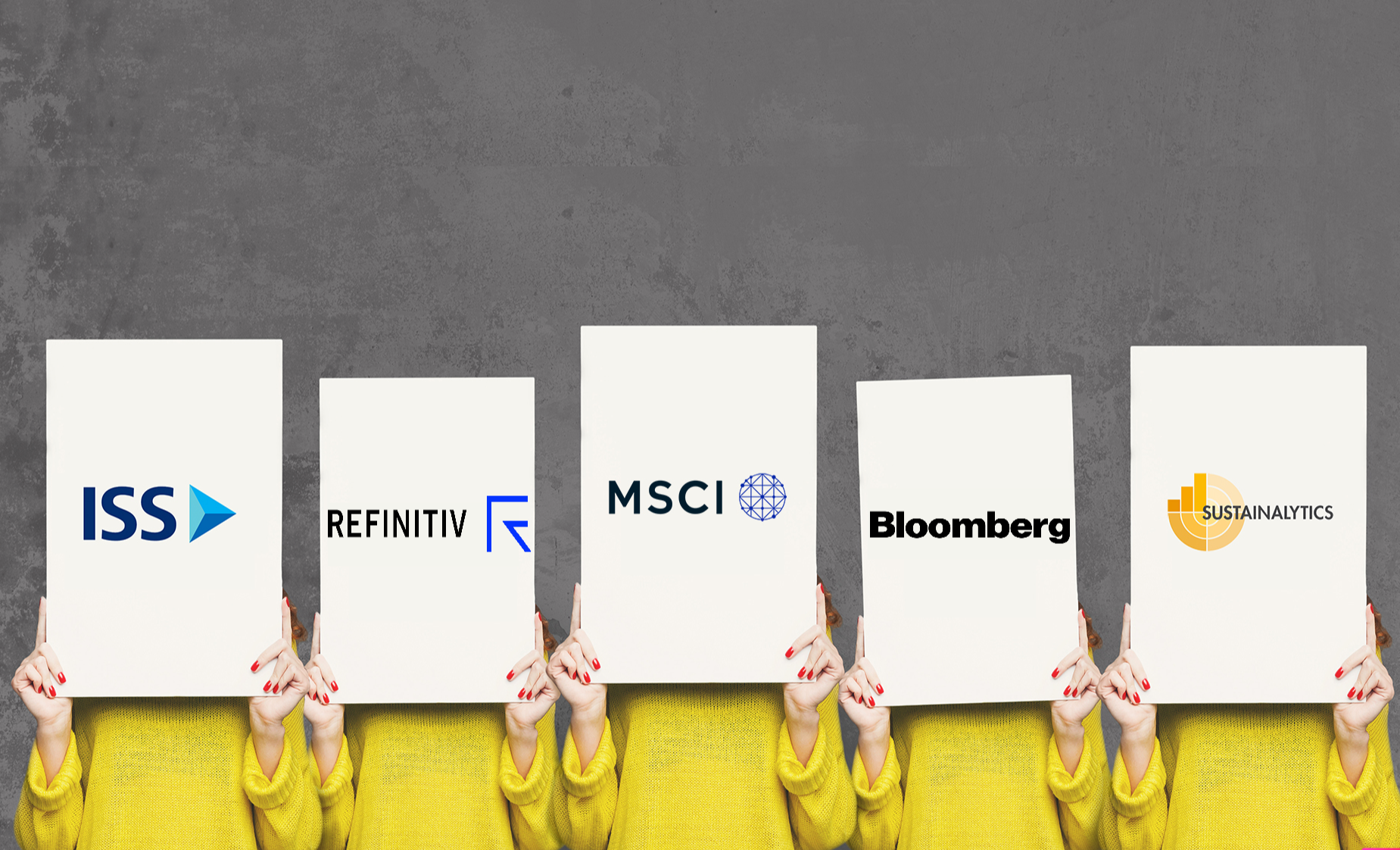
When it comes to ESG or sustainable investing, one burning question that institutional investors often have is how they can actually measure a company's ESG performance. Fortunately, the answer lies in the form of comprehensive ratings and scores provided by various ESG data providers and rating agencies.
Many agencies consider themselves the ultimate source for ESG ratings, covering various ESG factors like company declarations, media reports, controversies, climate related financial disclosures and investor risk. These ratings assess a company's environmental, social, and governance performance, evaluating management systems, policies, transparency, and controversial incidents to determine overall effectiveness. However, it is still unclear which provider truly captures corporate sustainability practices and offers the best global corporate sustainability assessment.
Also, we still need to determine the best way to compare ESG rating providers. What are the key ESG benchmarks? True, many debate whether it is wise to seek comparisons amid different ESG rating agencies, mainly due to their considerable variances in methodology, asset classes, and global reach, but those comparisons can better highlight the relative focal points of each agency ratings approach, helping investors choose the ESG ratings that apply best to their own needs.
The following are the leading ESG rating providers which currently dominate the market.
Morningstar (Sustainalytics)
With over twenty years of expertise in the financial market, Morningstar ratings came up with an ESG investor risk score with underlying environmental, social and governance risk ratings. The risk score ranges from 100 to 0, i.e., closer to 100 is high risk (bad score, red zone) and closer to 0 is low risk (excellent score, green zone). The ESG Risk Score comprises two dimensions:
Exposure: ESG-related risk factors which can cause a potential financial risk to companies. It can also be considered as a company's sensitivity or vulnerability to ESG risks.
Management: Considers how well a company is able to handle its material ESG risk.
Below is the actual scale of how Sustainalytics measures company ESG Risk:

Read: Sustainalytics ESG Risk Rating: A Guide for Responsible Investing
LSEG (formerly Refinitiv)
With a history going back to 2002, the company promises and claims to provide one of the most thorough ESG datasets, encompassing more than 80% of the worldwide market value over more than 630 different ESG metrics. A Refinitiv ESG score ranges from 0 to 100, where closer to 100 is the better score a company can achieve. They also include a controversy score which is generated based on controversial ESG news events happening across the globe that relate to the specific company.
The below table showcases how the global ESG scores are generated from the bottom to top approach:

Morgan Stanley Capital International (MSCI ESG Rating)
The key focus of the MSCI ESG Ratings is to measure any given company and how they are managing financially relevant ESG risks and opportunities. MSCI is the first ESG provider to assess companies based on industry materiality, dating back to 1999.
Key highlights from the MSCI methodology based on MSCI ESG research are:
For each industry, on an annual basis, 35 key ESG issues and associated weights are identified, based on the MSCI Materiality Map framework which helps investment firms to access and reorganise their ESG investing goals.
Exposure Metrics: These determine how exposed a given company is to a material issue (based on more than 80 geographic and business segment metrics).
Management Metrics: Determine how a given company manages each material issue (based on 100+ governance key metrics, 20 performance metrics, and 150 policy metrics).
MSCI ESG Ratings are generated for ESG's underlying pillars of E, S, and G, the scale going from 0 to 10 where MSCI has given a specific category for each range, as shown below:
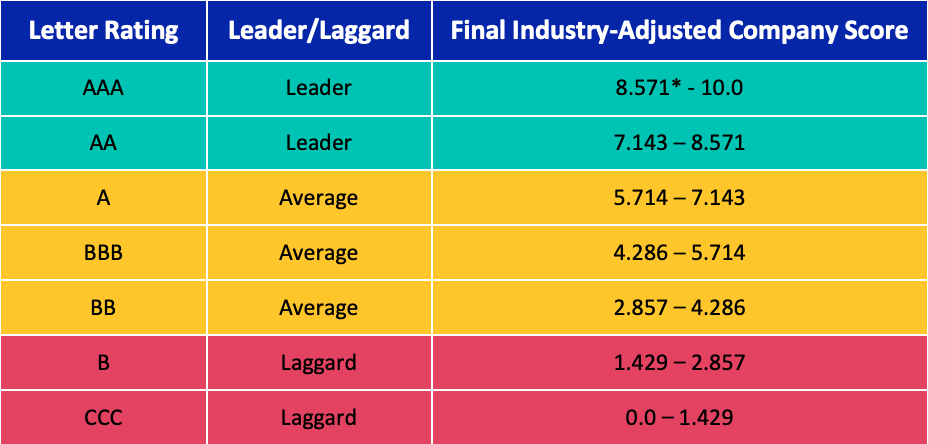
Featured Article: How Can An ESG Reporting & Rating Framework Help Investors Achieve Their Financial Goals?
Bloomberg
As one of the leading providers of business and financial information, Bloomberg launched Proprietary ESG Scores for Oil & Gas Industry in April 2020. The Bloomberg Terminal gives access to Bloomberg ESG data and scores, ESG data is integrated into various Bloomberg Professional Service applications for company research and investment processes. Initially covering 252 companies, the scores now cover an index of 11,800 companies, updated to ESG Disclosure scores.
Bloomberg’s approach to scoring ESG performance is bottom-up, model-driven using self-reported, publicly available information. This means a fully transparent, rules-based scoring framework. Bloomberg’s datasets are vast, including company-reported data on thousands of companies. The Bloomberg ESG Disclosure score is E, S and G scores, 0 to 100, 100 is the best. Bloomberg’s proprietary ESG scores provide transparent, consistent and comparable ESG data to clients. Investors can see the scoring methodology and the underlying company data.
Bloomberg says the ESG data used for E & S scores is voluntary disclosures only from direct (primary) sources to ensure accuracy and consistency. These sources are sustainability reports, annual filings, proxy statements, corporate governance reports, supplemental releases and company websites. Bloomberg provides data and analytics on greenhouse gas emissions, including carbon emissions estimates for thousands of global public and private companies.
Bloomberg’s E & S Scores are structured into Pillars, Issues, Sub-Issues and Fields, each collecting related data fields. Company-reported data is key in Bloomberg’s ESG scores, to ensure high quality and transparent information. The data behind Bloomberg’s ESG scores is used for sustainability assessments for investors.
Bloomberg Data License provides access to ESG data to integrate multi-vendor ESG data into investment systems. They estimate carbon emissions for over 100,000 private companies using their proprietary machine learning models and evaluate sustainability data for fixed income investors, including green bonds.
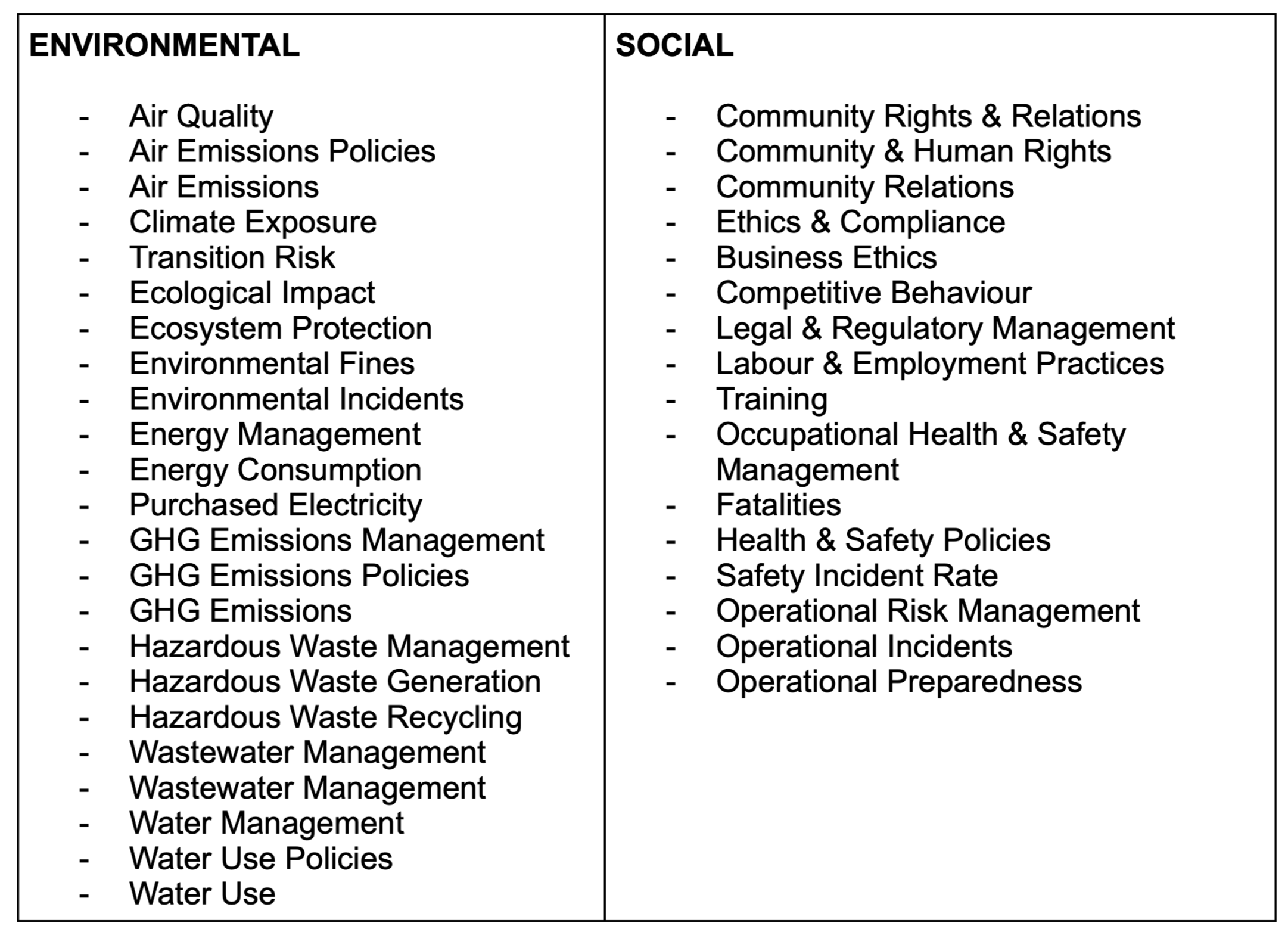
Dow Jones
Dow Jones has an innovative collection approach and has gathered data on the Environment, Social and Governance (ESG) profile for over 6,000 global companies. Their sustainability score dataset is mainly sourced from the Dow Jones Factiva news universe.
Dow Jones follows the SASB framework to generate the ESG aggregate score and five pillar scores: Environment, Social Capital, Human Capital, Business Model & Innovation, Leadership & Governance. The scores are generated using a bottom-up approach, where company news and company disclosures are collected and categorised into 26 SASB category scores, then into five pillar scores, and finally an aggregate ESG score is calculated when weighted financial materiality is included.
The scale is 0 to 100, 100 is the best score for a company.
The image below shows how the Dow Jones score is calculated:

ISS
Founded in 1985, the Institutional Shareholder Services group of companies (ISS) launched their proprietary ESG score in 1993 and recently launched their Regulatory Sustainable Investment solution.
ESG data and ratings are generated by the ISS ESG corporate rating. According to ISS, companies are assessed against a predefined list of general ESG themes and additional industry specific topics. They consider material sustainability risks and negative impact on society and environment as part of their ESG rating framework. Out of 700 indicators, ISS ESG uses around 100 social, environmental and governance related indicators for each rating and scores for key metrics like employee concerns, supply chain management, business ethics, corporate governance, environmental management, eco-efficiency and others.
ISS ESG corporate rating uses a 12-point scale and the scale goes from A+/4.00 i.e. best in class to D-/1.00 i.e. worst in class.
The ISS ESG Rating also incorporates GRI, SASB, and TCFD standards into their methodology, and generates disclosure scores.
The below image shows the ISS ESG Rating of a company:
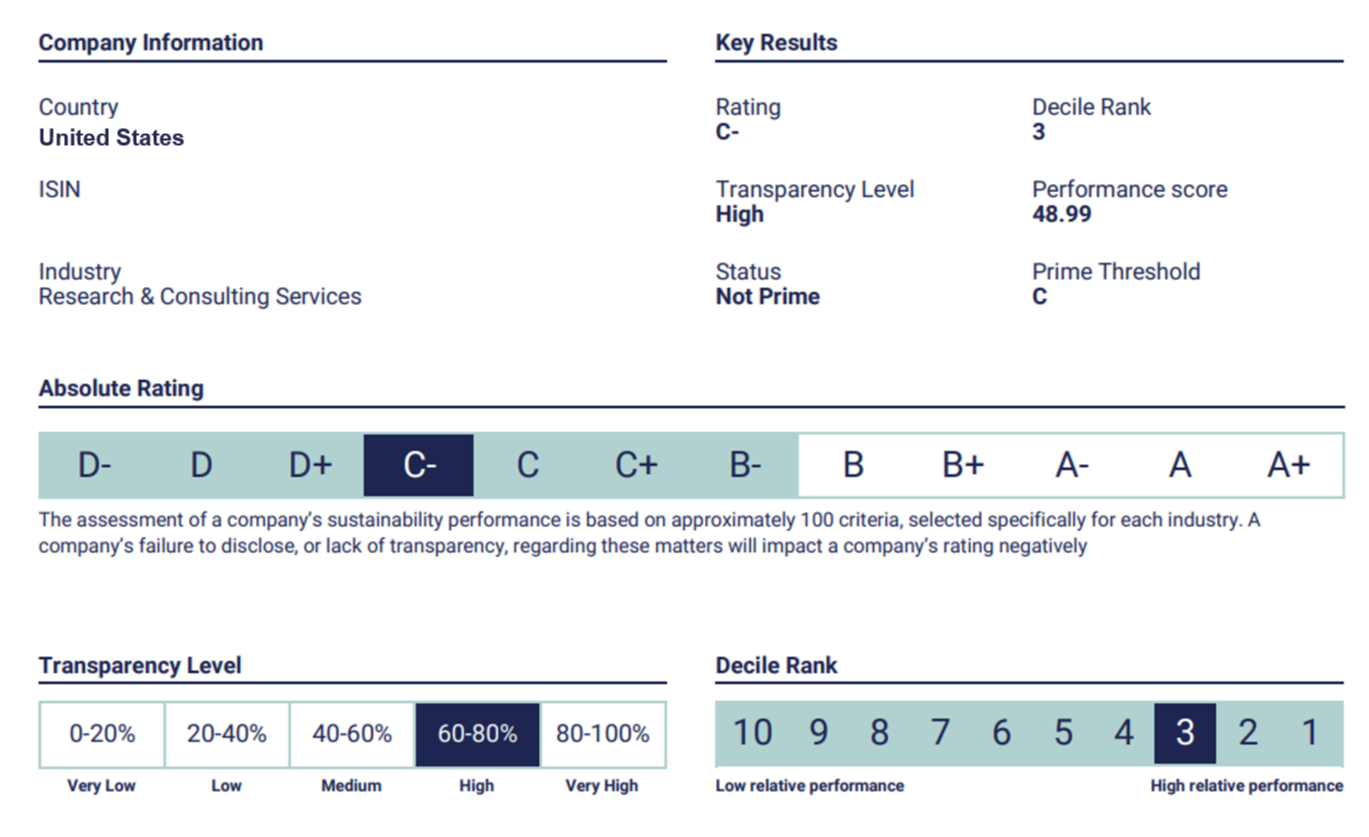
The above also answers some of the common questions that institutional investors and portfolio managers face during their ESG integration into their portfolios.
Frequently Asked Questions
How does LSEG generate an ESG score?
LSEG is an ESG rating agency with an independent ESG scoring methodology to provide consistent and accurate ratings for green bond issuers and other organisations to demonstrate their sustainability commitment. LSEG ESG scores combine quantitative analysis of public information with qualitative assessment from a team of analysts who are experts in environmental, social and governance issues. This ensures the rating reflects the latest information on a company’s sustainability practices and the risks associated with green investments.
What is Morningstar Ratings methodology?
Sustainalytics provides an independent ESG rating methodology that combines quantitative analyses of publicly available data with qualitative assessments from experienced analysts who specialise in environmental, social, and governance issues. This ensures that ratings reflect up-to-date information about a company’s sustainability practices while also taking into account any potential risks associated with green investments.
How does MSCI ESG Ratings work?
MSCI ESG Ratings is a rating system that assesses corporate sustainability performance using public information. The rating covers ESG topics such as climate change, green bonds, human rights, climate risk, gender equality and corporate governance. MSCI ESG Ratings uses an algorithm to perform the Climate Bonds Initiative (CBI) green bond rating, an independent assessment of green bonds and other climate-aligned financial instruments. The rating measures how well the green bond issuance meets CBI’s criteria for green investments, focusing on use of proceeds and projects.
What is the S&P ESG score?
S&P Global Ratings (formerly Standard & Poor's) provides an independent ESG score, which is designed to measure the company's performance in ESG areas. The score takes into account over 20 ESG criteria including green bonds, climate risk, corporate governance, human rights, and gender equality, and is the Fitch ESG Relevance Score.
What is the ISS rating score?
ISS ESG Rating score is an independent rating approach that assesses a company’s sustainability performance using public information. The ISS ESG Rating uses a 12-point scale from A+/4.00 (best in class) to D-/1.00 (worst in class), includes GRI, SASB and TCFD in their methodology and generates disclosure scores to provide ratings for green bond issuers and other organisations to demonstrate their sustainability commitment.
Conclusion on ESG Rating Agencies
Many ESG ratings are developed and published by various esg rating agencies, each with their own view on how to rate. They use both voluntary and mandatory guidelines to make their criteria more concise.
But why didn’t regulators create a standard for ESG Ratings? The answer is simple: the rating agencies have too much control in the market; implementing standards now would be like trying to standardise plug types in one house.
Without a standard ESG system there’s a risk of greenwashing. To prevent this we need more transparency on how data is collected and how results are calculated. Transparent ESG data is essential to give investors and companies reliable information, to make ESG assessments honest. These safeguards are key to the integrity of the ESG space.
Click here to find and compare the ESG reports and ratings of top companies across three leading ESG data providers: Morningstar, LSEG, and MSCI.


